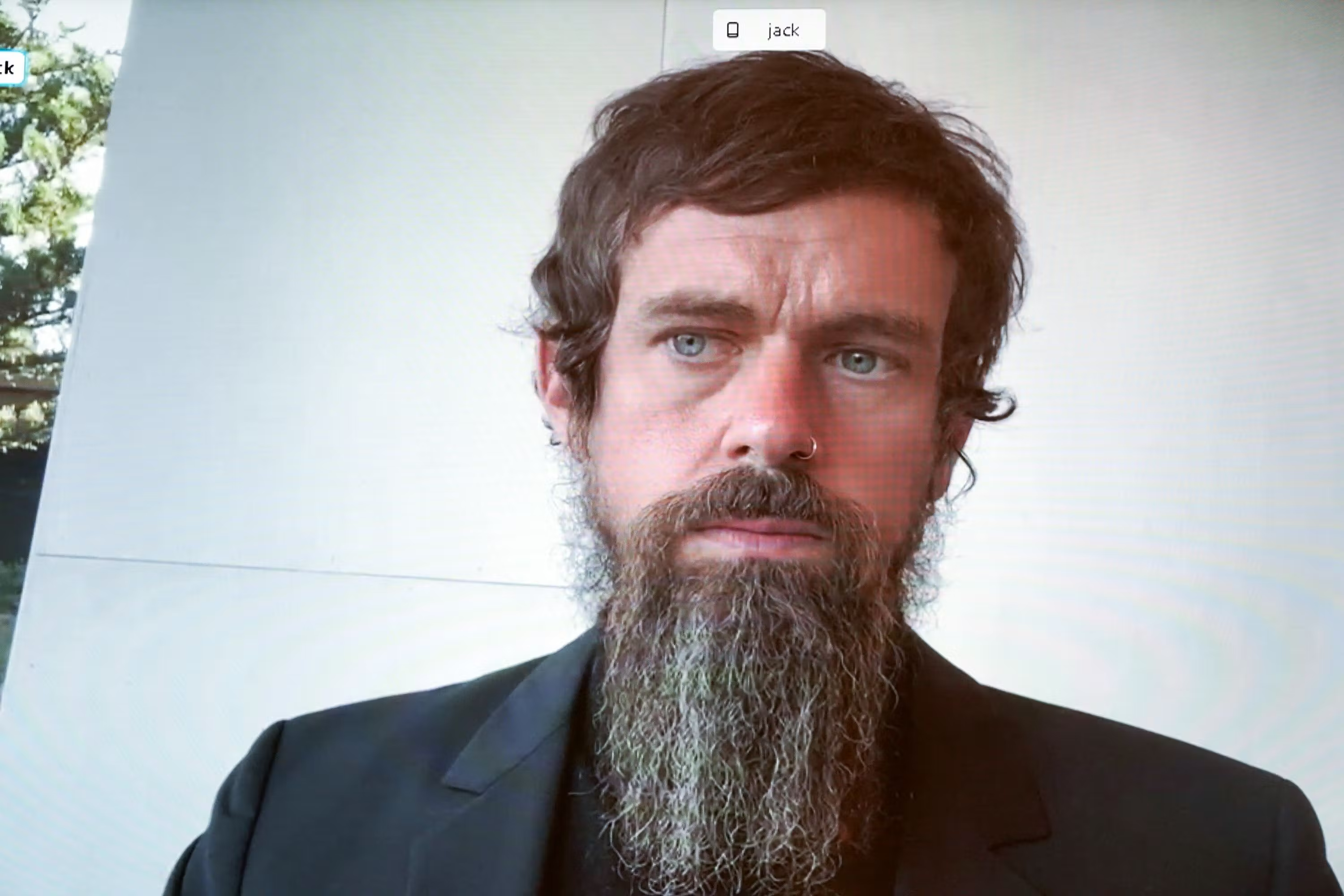
Jack Dorsey, the former CEO of Twitter, has expressed significant reservations about Bluesky, a social media platform he initially helped develop. Dorsey detailed his reasons for leaving Bluesky during a revealing interview with Mike Solana of Founders Fund.
Central to his criticism is the assertion that Bluesky is replicating the very issues he encountered at Twitter, a development contrary to his original vision for the platform.
How Did Bluesky Deviate from Its Original Plan?
Bluesky, which transitioned from a Twitter project into an independent public benefit corporation in 2022, was initially conceived as a client of an open-source protocol rather than a standalone company with typical corporate structures like a board and stock options.
Dorsey envisioned Twitter as the first client to utilize this protocol. However, he expressed disappointment with Bluesky’s evolution into a corporate entity and its adoption of content moderation practices, including banning users for inappropriate usernames. According to Dorsey, these actions symbolize a departure from the platform’s intended purpose and mimic the errors he believes were made during his tenure at Twitter.
Further complicating matters, Dorsey highlighted the community’s shift towards Bluesky as a refuge from Twitter, only to request similar moderation tools that led to user bans. This shift, according to Dorsey, represents a repetition of past mistakes, prompting his decision to sever ties with Bluesky by leaving the board and deleting his account.
Switching to Supporting Nostr
In contrast, Dorsey is now supporting Nostr, a nascent, decentralized platform that appeals to a niche group of crypto enthusiasts and is known for its challenging user interface. Despite its complexities, Dorsey champions Nostr for its adherence to principles of censorship resistance and free speech, characteristics he finds crucial for a social media service.
Dorsey’s criticisms of Bluesky were not well-received within the platform. Bluesky’s protocol engineer, Paul Frazee, responded by noting that Twitter was supposed to be the “first client” of the AT Protocol, but plans were scrapped following Elon Musk’s takeover of Twitter. Frazee defended the need for moderated spaces within the network, critiquing the idea of unmoderated spaces as impractical and unlikely to succeed in the face of regulatory and user expectations.
Despite his reservations about Musk’s approach to handling government requests on Twitter—a stark contrast to his own—Dorsey acknowledged Musk’s method of engagement without direct criticism.
Related News:
Featured Image courtesy of GREG NASH/POOL/AFP via Getty Images
